- News
-
-
-
-
-
Latest News Articles
- WSB: Study tests accuracy of thermal drone surveys April 26, 2024
- Computer model explores Tribal use of fire for ecosystem health April 26, 2024
- 2024 TWS Elections: Southwest Representative April 25, 2024
-
-
-
- Wildlife Professional Resources
-
- Our Network
-
- PUBLICATIONS
-
-
Recent Posts
-
 The Wildlife Professional November/December Issue
November 1, 2023
The Wildlife Professional November/December Issue
November 1, 2023
-
-
-
-
-
-
- Wildlife Events
-
-
-
Upcoming Webinars
- No Events
-
-
-
- Who We Are
-
Tag: shorebirds
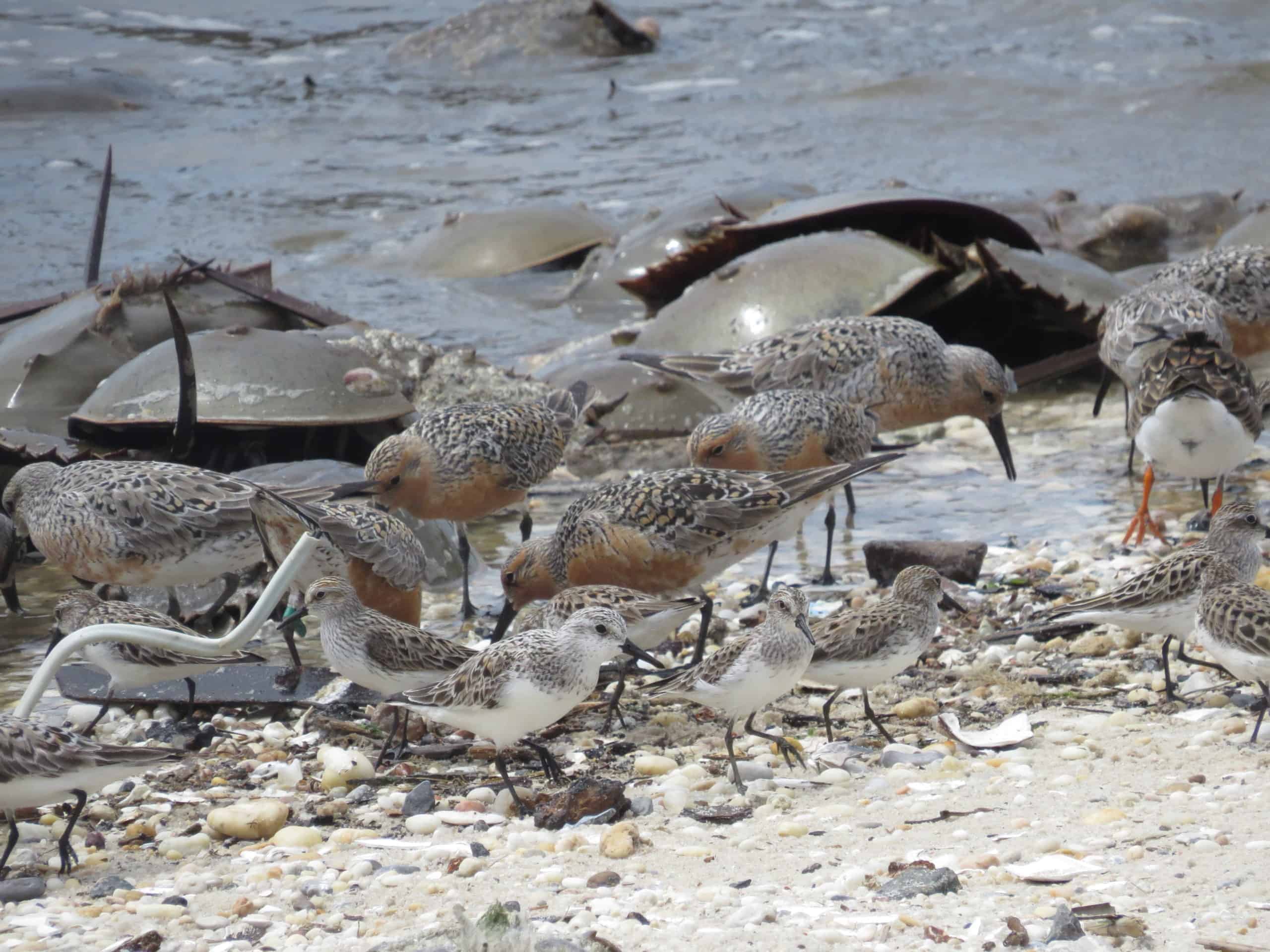
December 27, 2022
Long distance red knots experience mid-flight crab crunch
Red knots are among the great long-distance fliers of the world. Some of the best-traveled of these small shorebirds migrate all the way from the Arctic circle of Canada to...
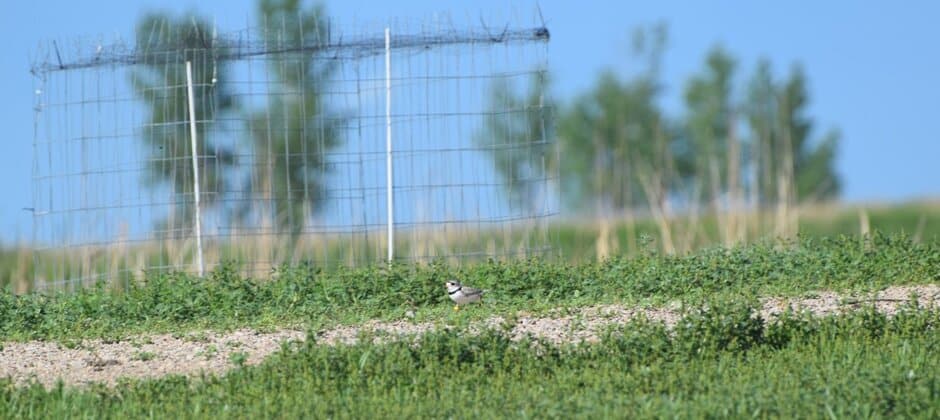
February 4, 2022
JWM: Nest cages boost piping plover survival
Placing cages around piping plover nests helps boost bird populations by keeping predators away from young chicks and eggs. But some wildlife managers had found dead adult plovers around these...
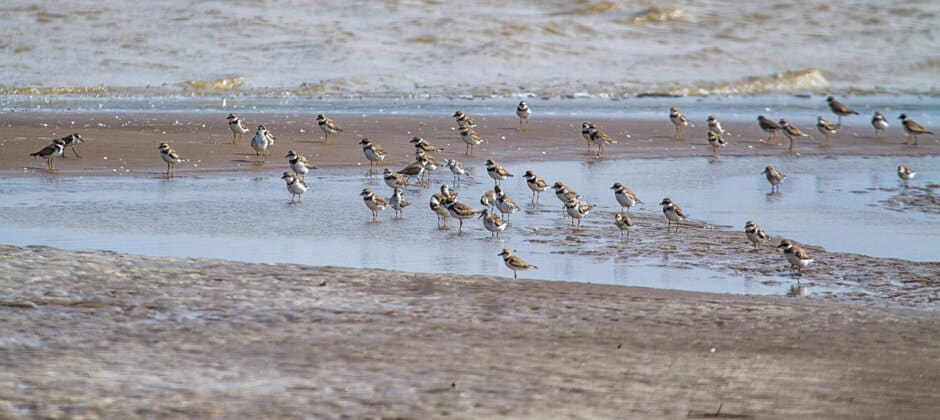
January 28, 2022
Wild Cam: Harvest may contribute to shorebird decline
In the coastal areas of Guyana, hunters get creative when trapping birds—sometimes “shocking” whole flocks with wires. Tying a 12-meter wire to a pole and laying it down in a...
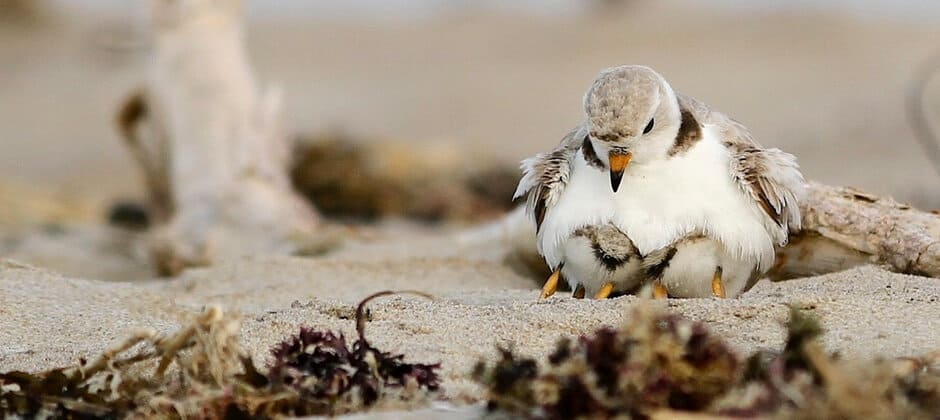
December 14, 2021
Stewardship helps protect coastal birds
Well-stewarded areas afford more protection to Gulf of Mexico and Atlantic coastal birds than those that are left alone, even if they are in national parks or other conservation areas....
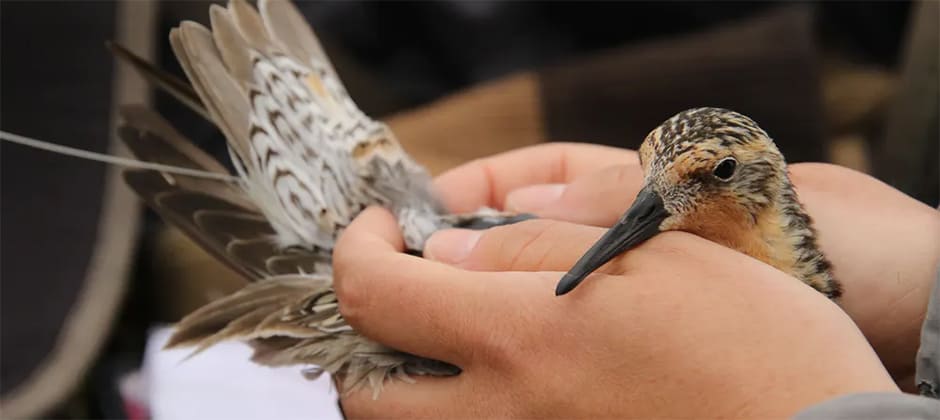
May 21, 2021
Researchers extend bird tracking system to Mexico
What brings a million birds that breed in the Arctic to winter on the coast of northwest Mexico? “The truth is, researchers don’t actually know,” writes Julián García Walther, a...
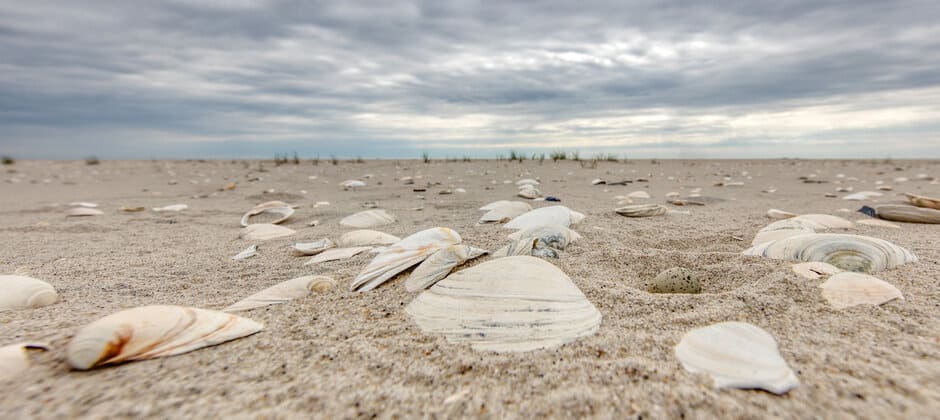
September 11, 2020
JWM: Red foxes exploit dunes to find plover nests
Some New Jersey coastal towns are characterized by long, linear beaches with narrow dune systems that provide habitat for piping plovers and other wildlife. But researchers say red foxes are...
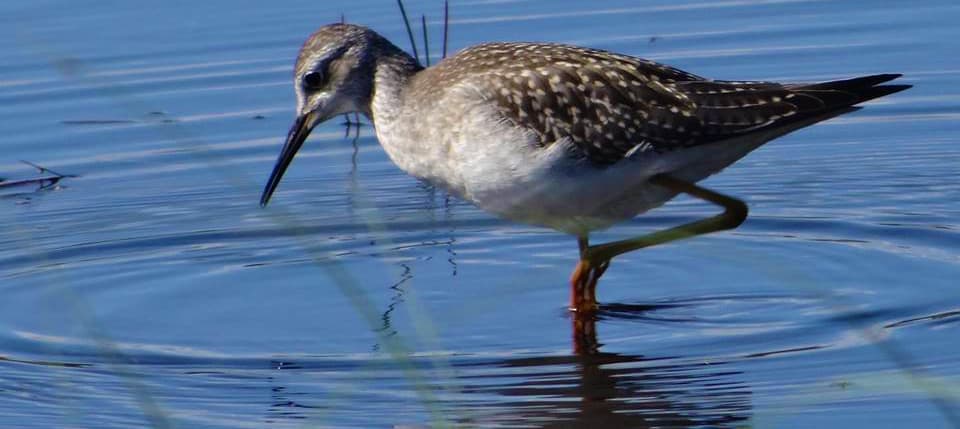
July 22, 2020
JWM: Shorebirds take advantage of Alaska military lands
It’s natural for researchers to focus on the coast when studying shorebirds, but when Ellen Martin was studying them in Alaska as a master’s student at Colorado State University, she...
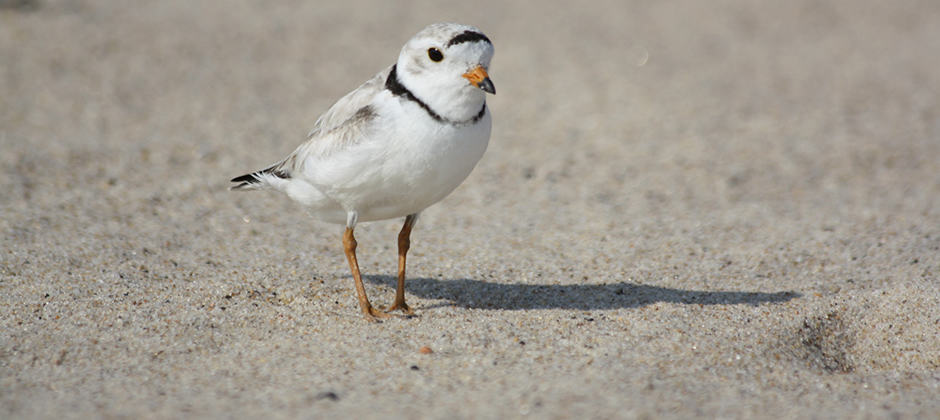
June 29, 2020
JWM: Piping plover foraging areas left unprotected
While piping plover nesting and breeding habitat is roped off and protected on New York’s Fire Island and Westhampton Island, researchers found areas where the plovers — and other shorebird...
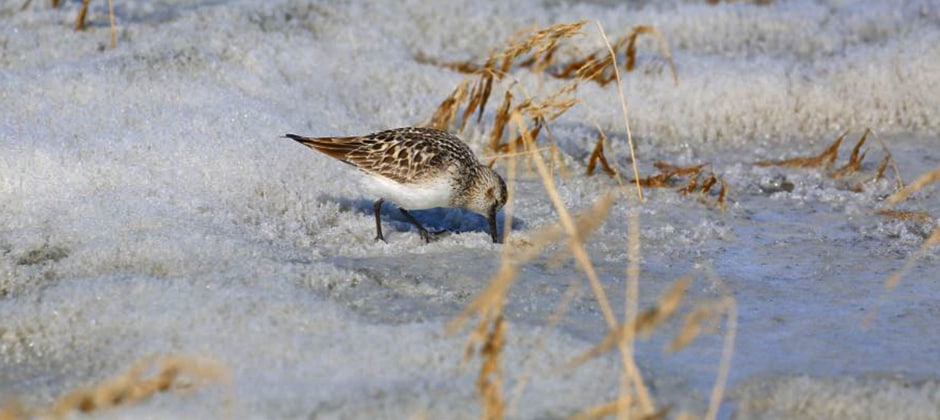
March 5, 2020
Half of Arctic shorebirds are declining; waterfowl flourish
Across the circumpolar north, some Arctic tundra birds, such as waterfowl, seem to be flourishing while others, like most shorebirds, are seeing their populations fall, according to new research spanning...
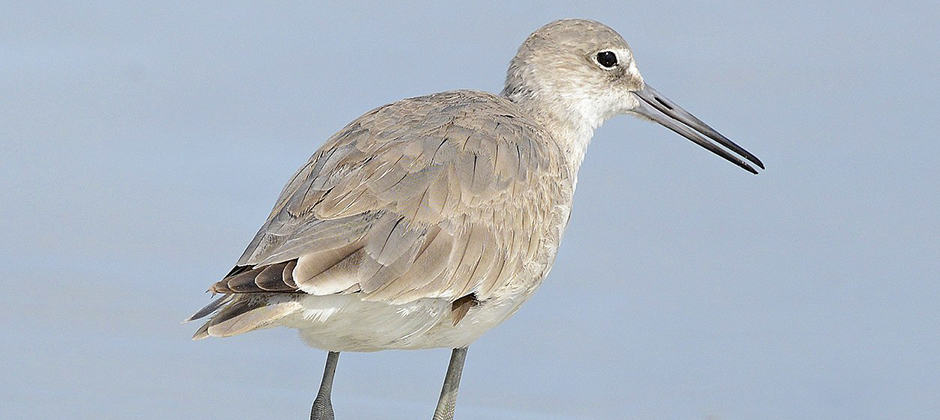
October 8, 2019
For shorebirds, hurricanes aren’t the biggest threat
Shorebirds can weather destructive hurricanes, according to new research. A far bigger threat may be the gradual rise in sea levels. “It’s tempting to focus on the big visible events...

